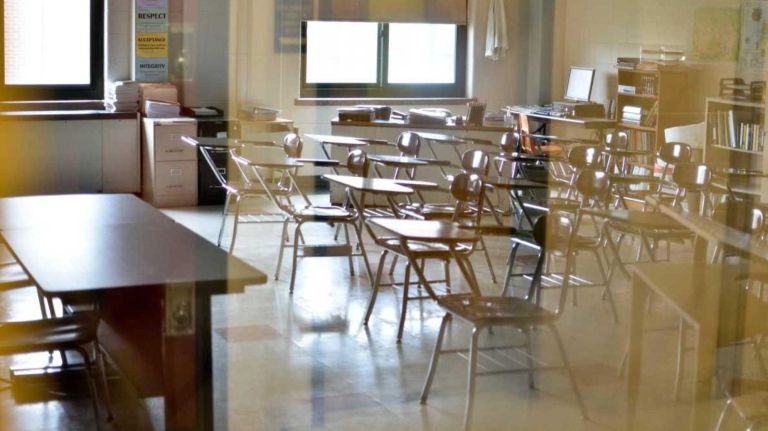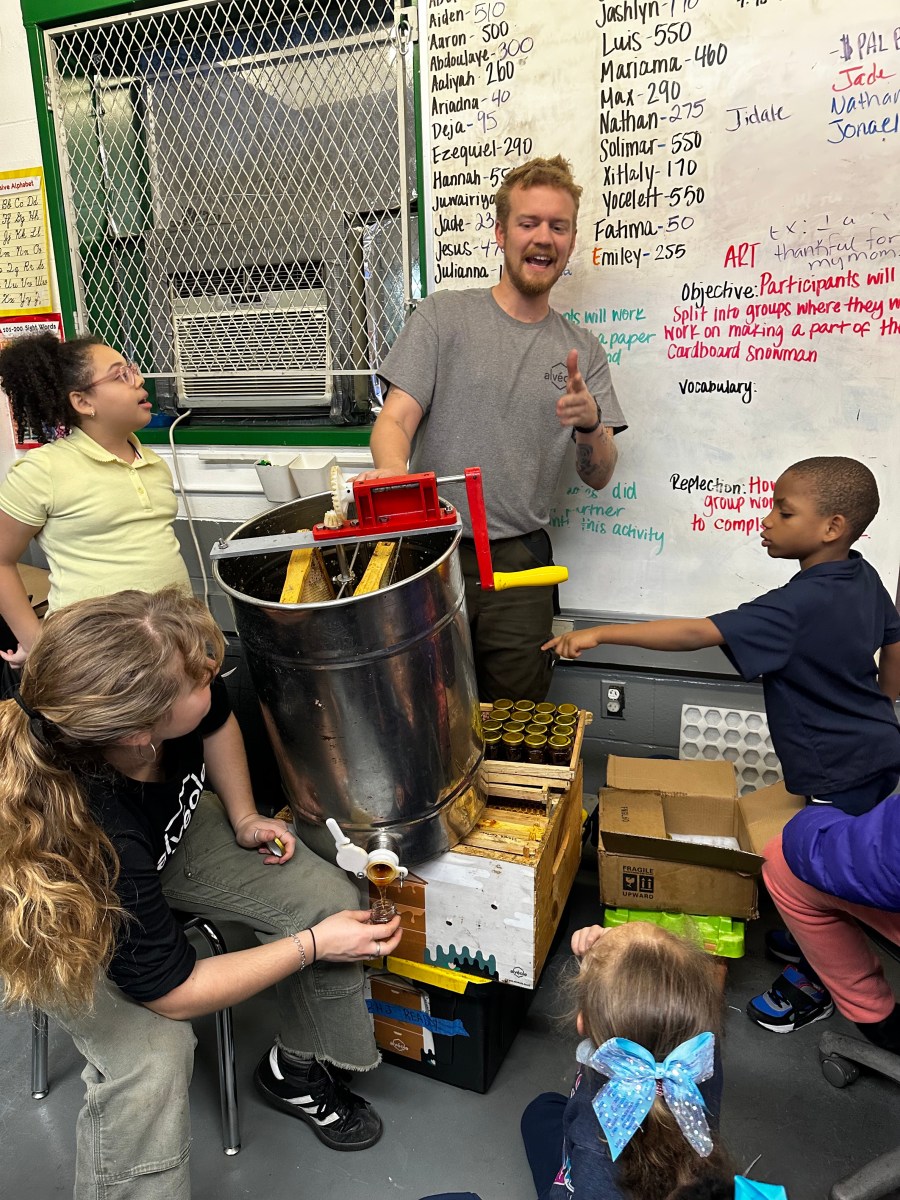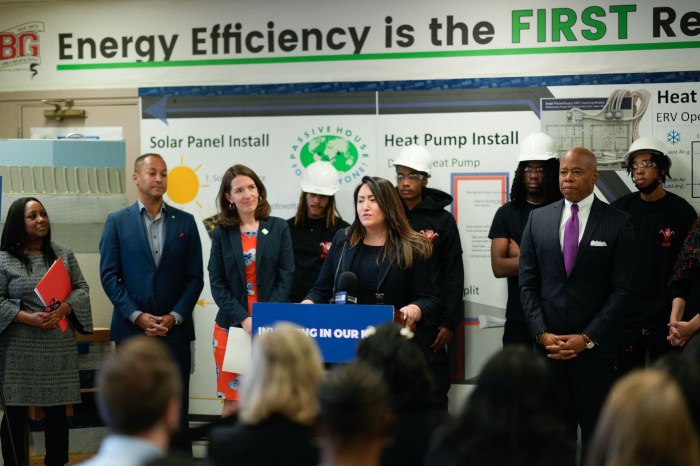As finals, and the year, come to an end, here is a review of some of the top education news stories to grace headlines in 2019.
The New York State DREAM Act’s passage
In January, the state Legislature passed the New York State DREAM Act which granted undocumented and DACA students access to state grants and scholarships for higher education.
The bill, named for the late Queens state Senator Jose Peralta, was signed into law in April but there is still no data from the Higher Education Service Corporation, which oversees the DREAM Act, on the number of students taking advantage of the legislation.
At a recent press conference at the Tweed Courthouse, advocates called on the Department of Education to better spread the word to students and school guidance counselors on the DREAM Act’s passage. Assemblymember Carmen de la Rosa, sponsor of the bill, said that the DOE needed more funding to better educate guidance counselors on the DREAM Act’s two-part application, a process that students have found difficult to navigate.
Teacher evaluations decoupled from test scores
Student test scores will no longer play as big a role in New York state teacher evaluations. In 2015, Governor Andrew Cuomo proposed that half of teacher’s evaluations should be based on the results of some state school exams.
The bill received push back from teachers unions and parents arguing that the standard placed too much stress on teachers and students. Now, school districts and teachers’ unions will decide how teachers will be evaluated.
Flavored e-cigarettes banned in NYC
The New York City Council banned the sale of flavored e-cigarettes in order to curb an increase in underage vaping.
One in six high school students reported using e-cigarettes in 2017, according to the New York City Department of Health. The agency also reports that one in 15 of the city’s middle school students used e-cigarettes in 2018.
Councilmember Mark Levine introduced the bill arguing that e-cigarette flavors like mango, mint and bubblegum are a means of marketing nicotine to kids. One e-cigarette pod can contain as much nicotine in it as a pack of traditional cigarettes.
SHSAT battle
Queens state Senator John Liu, who chairs the New York City Education Committee, recently told the New York Post that changes to the city’s Specialized High School Admission Test were “inevitable.”
In June of 2018, Mayor Bill de Blasio announced plans to scrap the exam in order to increase the number of Black and Hispanic students in the city’s specialized high schools. In 2019, Black and Latino students accounted for 10 percent of students at the specialized high schools.
Instead, De Blasio proposed changing the admissions process to include the top 7 percent of students from every middle school. Currently, the exam is used to determine admission for eight of the city’s nine specialized high schools.
But after a year full of protests of test backers, De Blasio suggested that he was open to keeping the test. Chancellor Carranza has kept a firm anti-SHSAT stance stating at a town hall in the Bronx he wanted state legislators to repeal the law requiring the exam.
Poor grade level on state exams
Less than half of New York City school children were proficient in math and English at the end of the 2018-2019 school year, Department of Education data shows. According to the DOE, 45.6 percent of the city’s 3rd though 8th graders were determined proficient in math and 47.4 percent proficient in English according to their scores on state exams. The numbers represent a continued annual uptick on student state exam scores.
Yeshivas and state education standards
The Department of Education recently released preliminary findings on whether the city’s yeshiva’s are meeting the city’s education requirements. Out of the 28 yeshivas that have been visited since August of 2018, only two were found to be providing an education equal to that of the city’s public schools.





































